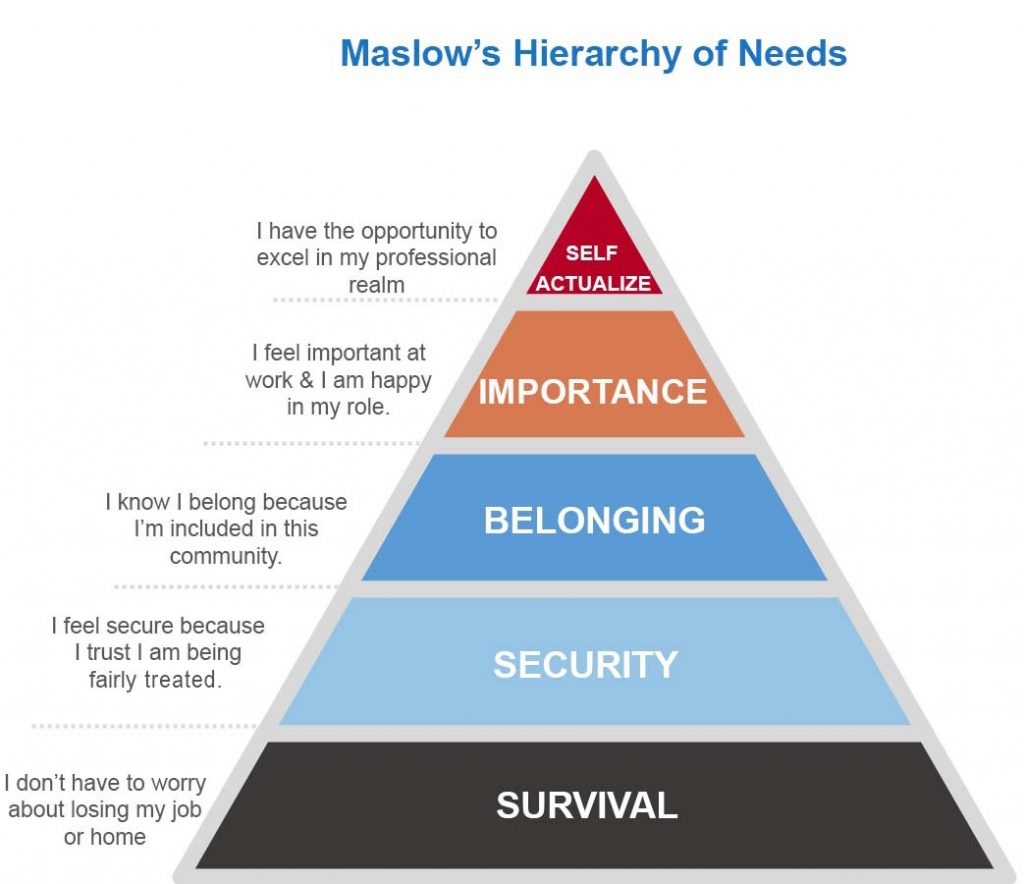
Toxic leaders are masterful at making people feel sick and helpless. Public shaming, aggressive language and invalidation directly impact a person’s dignity and agency. This leaves people feeling diminished and powerless — afraid there is no good way out.
As someone who has worked with many high-level professionals in this situation, I have witnessed capable people struggle with feelings of betrayal and victimization. Their innate strengths and career successes did not protect them from feeling small. If you are in a similar situation, you may want to know how to support yourself.
Here are some ways people successfully navigate the harmful effects of abusive power:
- Know what you’re up against
- Reclaim your personal power
- Create an exit strategy
1. Know What You’re up Against – Toxic Leadership Defined

I’ve seen good people stay in bad situations because they preferred to see their boss’ toxic behaviour as incompetent rather than abusive. This distinction is important if you are going to find the best solution for yourself. The fact is toxic leadership is not about a lack of skill. It is about manipulating others to get personal needs met, even if it is harmful to an employee and the organization’s objectives.
The U.S. Army has done extensive research on toxic leadership. It describes it this way: “The toxic leader operates with an inflated sense of self-worth and from acute self-interest. Toxic leaders consistently use dysfunctional behaviours to deceive, intimidate, coerce, or unfairly punish others to get what they want for themselves.”
Examples of these behaviours include:
- Threatening you with demotion if you do not do what the boss asked, even when it runs counter to your values, role and expertise
- Distributing the new organigram showing your demotion – before telling you about it
- Leaving you out of meetings that require your presence, given your role in the organization
- Yelling at you and calling you names in team meetings
- Giving you important tasks without the appropriate resources and then blaming you for failing
These behaviours are direct threats to your core needs: financial security, emotional safety, sense of belonging and professional status. When these core needs are manipulated like puppet strings, you feel vulnerable no matter how competent you are.
2. Reclaim Your Personal Power
Despite how helpless you may be feeling, you do have power – more than you realize. Your power rests in how you choose to view the situation, the positive actions you decide to take and your openness to seeing all the wonderful possibilities that are available to you. In this way, you will be building resilience and creating the conditions for greater career opportunities.
a. Act as if You Have Power – Because You Do
Toxic leaders thrive on victimhood. Resist playing the role of victim. Break the cycle and use your power where you have it. Here are some ways you can do that:
- Refrain from venting at the water cooler
- Find a professional who can help you process what you are feeling
- Become clear on the choices you have available
- Don’t apologize for things you haven’t done
- Stand tall – literally
- Be compassionate with yourself – always
b. Know it isn’t you; Resist Taking it Personally
You are never the cause of your boss’s toxic behaviour. Cultivate a practice for seeing things as they really are without judging yourself or the situation. You will begin to see that toxic leadership behaviours are about them, not you. You will then be free to decide what you want to do and how you want to respond.
c. Know Your Stories and Beliefs
Your beliefs about what is happening matter. They will guide your behaviour. If you believe you are powerless, you will not see your choices. If you believe you are powerful, you will see all kinds of options before you.
d. Maintain Your Values – ALWAYS
The key to self-respect is knowing what matters to you and staying true to that. It is very easy to slip into survival mode and agree to do something that goes against your grain. But when you compromise your values, you compromise yourself.
e. Work with the Fear
Fear goes hand-in-hand with toxic leadership. It is pervasive and crippling. The antidote is to connect with yourself and others. Cultivate the felt sense of belonging in your heart and body.
This will enable you to experience the fear, and at the same time, feel less threatened.
f. Cultivate a Spiritual Practice
Connecting with spirit will take you out of fight or flight reactivity and into your own power. It reminds you that you are not alone and that there is more to your life than this challenging situation. If you do not already have a practice for connecting to the broader universe, now may the best time to do so.
3. Consider an Exit Strategy
a. Know Why You are Staying: It May be for a Good Reason
It is important to understand why you stay before creating an exit strategy. You may be getting something valuable from the status quo. Toxic leaders can be very good for your career. They are more likely to offer you career incentives, at least in the beginning, because they want you to like them and be indebted to them.
You may also be too afraid to make a move. It feels risky to leave a job, especially if you believe there is nothing else out there for you. Your boss may have even threatened to undermine you in the community, making it virtually impossible to find something better. Recognize that this paralyzing fear is merely a by-product of toxic leadership. In fact, studies show just how hard it can be to even consider the idea of leaving.
b. Be Open to all Possibilities: Create an Exit Strategy
Allow yourself time to visualize what it could be like outside the organization before you are ready to quit. Create a timeline, a financial plan and an idea of your next creative career choice. Allow yourself to lean into the excitement of this new possibility rather than seeing it as something you feel compelled to do.
c. Know When it is Time to Leave
With all of this in place, you will know when you are ready to leave. It will likely be when you have an exit strategy and have exhausted your coping strategies for staying.
d. See Leaving as a sign of Good Health and Success
Leaving is not easy to do because empowerment is exactly the skill that is undermined by toxic leadership. It will feel hard. But this does not mean leaving will be bad for you. Instead, focus on leaving as an act of deep self-care, resilience and courage to create space for a better future.
Are You Struggling to Recover Your Agency?
If so, remember that this is a challenging situation. It does not mean there is something wrong with you. Find a coach to support you. You deserve the opportunity to be heard and supported while you find your way to freedom and fulfillment.




 Self-worth
Self-worth



